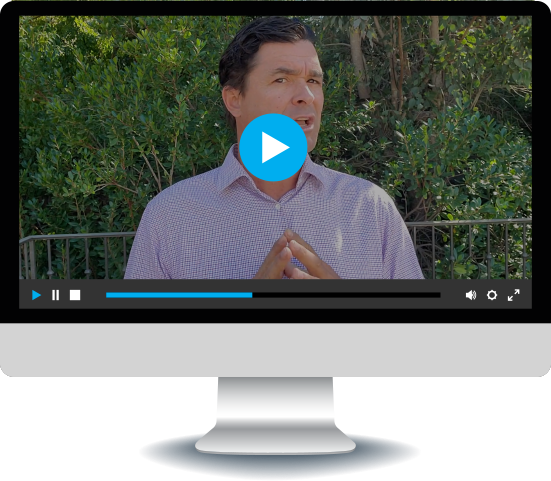Estate planning ensures your money, property, and important decisions are handled according to your wishes in the event of illness or death. At Malibu Wealth Planning, we guide you through the estate planning process and can connect you with a qualified estate attorney or organization that specializes in these matters.
Without a clear plan, your assets may not go to the people you intended—and your loved ones may face unnecessary legal and financial stress. According to AARP, 6 in 10 Americans don’t have a will or living trust. That’s a costly mistake you can avoid.


